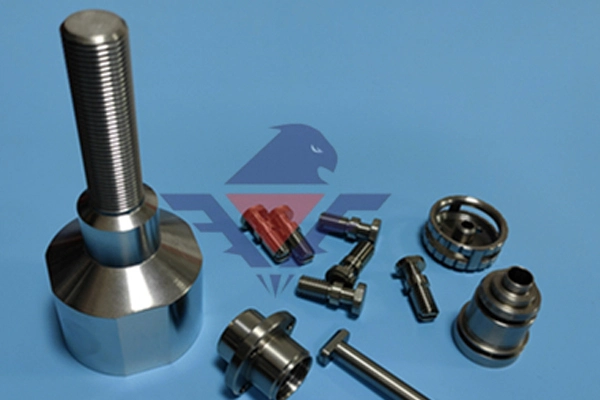Swiss Machining: Precision and Efficiency in Manufacturing
April 24, 2025 | News | No Comments

html
Swiss Machining: Precision and Efficiency in Manufacturing
Swiss machining, also known as Swiss screw machining or Swiss turning, is a highly precise manufacturing process that has revolutionized the production of small, intricate parts. Originating in Switzerland’s watchmaking industry, this technique has since expanded to various industries, including medical, aerospace, and electronics.
What is Swiss Machining?
Swiss machining is a specialized form of CNC (Computer Numerical Control) machining that utilizes sliding headstock lathes. Unlike conventional lathes, Swiss machines feature a guide bushing that supports the workpiece very close to the cutting tool, significantly reducing deflection and vibration. This unique setup enables the production of parts with exceptional precision and tight tolerances.
Key Advantages of Swiss Machining
The Swiss machining process offers several distinct benefits that make it ideal for manufacturing complex components:
- Superior Precision: Capable of maintaining tolerances as tight as ±0.0002 inches
- High Efficiency: Multiple tools can work simultaneously on different sections of the part
- Reduced Material Waste: The process is highly material-efficient
- Excellent Surface Finish: Produces smooth finishes often eliminating secondary operations
- Versatility: Can handle a wide range of materials including metals, plastics, and composites
Applications of Swiss Machining
Swiss machining has found applications across numerous industries due to its precision capabilities:
Medical Industry
The medical field extensively uses Swiss machining for surgical instruments, implants, and diagnostic equipment components that demand micron-level accuracy.
Aerospace and Defense
Critical aerospace components like fuel system parts, fasteners, and sensor housings benefit from the reliability and precision of Swiss machining.
Electronics
Connectors, pins, and other miniature electronic components are efficiently produced using Swiss machining techniques.
Keyword: Swiss Machining
The Future of Swiss Machining
As manufacturing demands continue to evolve, Swiss machining technology is advancing to meet new challenges. Modern Swiss machines now incorporate:
- Advanced CNC controls with improved programming capabilities
- Multi-axis functionality for more complex geometries
- Automated loading systems for increased productivity
- Enhanced monitoring systems for quality control
With these innovations, Swiss machining remains at the forefront of precision manufacturing, offering solutions for increasingly complex and miniaturized components across diverse industries.